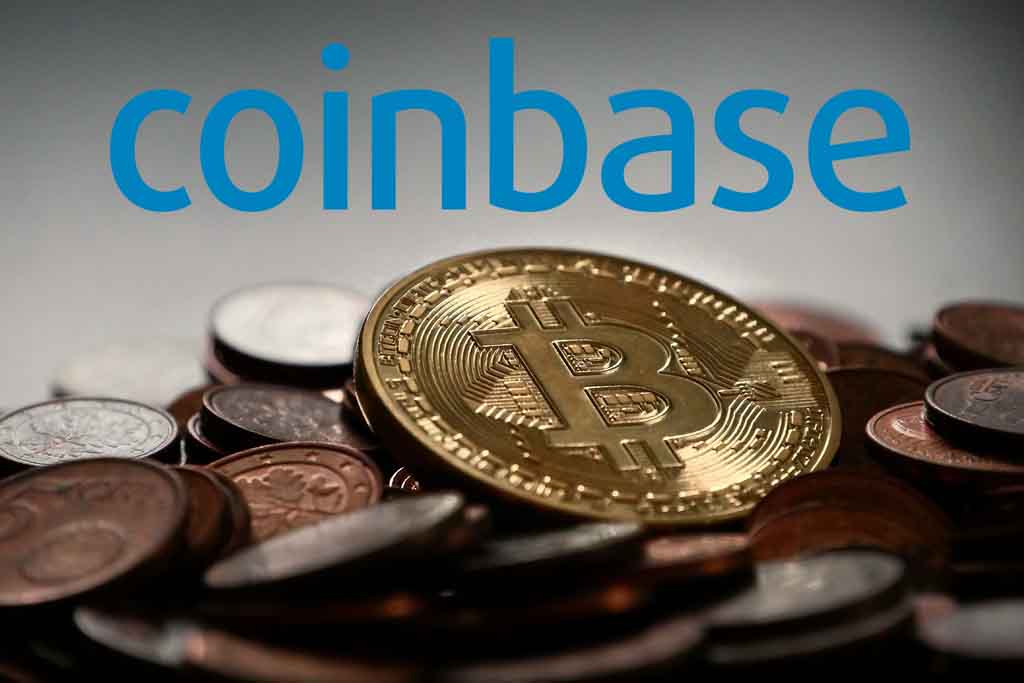U.S. based crypto exchange Coinbase is rolling out Child Pays for Parent system, which will use higher fees as an incentive for miners to push through a transaction.
Soon after launching three new products, digital platform Coinbase has come up with another update. The company is rolling out Child Pays for Parent (CPFP), a technique created with the aim to improve the reliability of Bitcoin transactions for customers.
Blockchain transaction fees can be notoriously volatile. Learn how our engineering team is using a technique called Child Pays for Parent to improve the reliability of #Bitcoin transactions for our customers. #CPFP https://t.co/oRzxeqx9RM
— Coinbase (@coinbase) October 3, 2018
Transactions in Bitcoin differ from that of a credit or debit card where fees are charged in the percentage of the amount transferred. With Bitcoin, transactions are submitted with ever-growing fees. The problem is that the fee variations can mean significant changes in the amount of time it takes for transactions to be confirmed. In most cases, during these wait periods, other transactions with probably higher fees are broadcast.
Coinbase has found a solution to the problem. According to the company’s blog, CPFP balances the transaction fee and the speed of transaction confirmation. CPFP works by sending a second transaction (child) with a higher fee, increasing the likelihood of the initial transaction (parent) getting picked up on the network. Coinbase explained:
“This is somewhat analogous to a pay-as-bid auction, which is structured as follows: potential buyers will submit bids at different prices, and the auctioneer will select the highest bidders as the winners.”
According to the company, if a customer’s transaction is stuck on pending for at least 4 blocks, Coinbase will broadcast and pay for a child transaction at a sufficient fee rate in order to push through the parent transaction. Coinbase said:
“Building on that fact, whenever there are dependent transactions pending at the same time (parents and children), Bitcoin mining software will actually look at those transactions as a group and compute their corresponding fee rate over the entire set, rather than individually. This makes sense for miners to do so, since those transactions are really only valid when confirmed together.”
The company further explained:
“Since miners compute the fee rate over this group of dependent transactions, we can submit a child transaction (spending change outputs that we control) that has a higher fee rate than its parent(s), thus boosting the overall fee rate of the group. This is exactly how CPFP works. Essentially we are making a more profitable transaction available to miners, but the structure of this transaction requires the miners to also pick up some less profitable transactions.”
This alternative solution from Coinbase is definitely needed, and CPFP could ultimately work to further distance the company from its competitors. However, some did not support the initiative. James McCue, a cryptocurrency and blockchain space follower and software developer criticized Coinbase:
“Seriously coinbase you need to reduce fees. Especially between your customer’s crypto wallets and their usd wallets. Great service, yes but your fees are huge moving between accounts ON your service. Why isn’t selling into my usd wallet on coinbase free?”
Recently, Coinbase announced some changes in its listing policy. The new procedure for listing cryptocurrencies will speed up listing digital assets and expand the range of assets traded on its exchange.
Yesterday, there were reports about the Coinbase’ upcoming deal with Tiger Global, a U.K. hedge fund that invests mainly in global consumer brands. Tiger Global is reportedly considering a $500 million investment in Coinbase, which will make the plattform one of the highest privately valued companies in the US.
